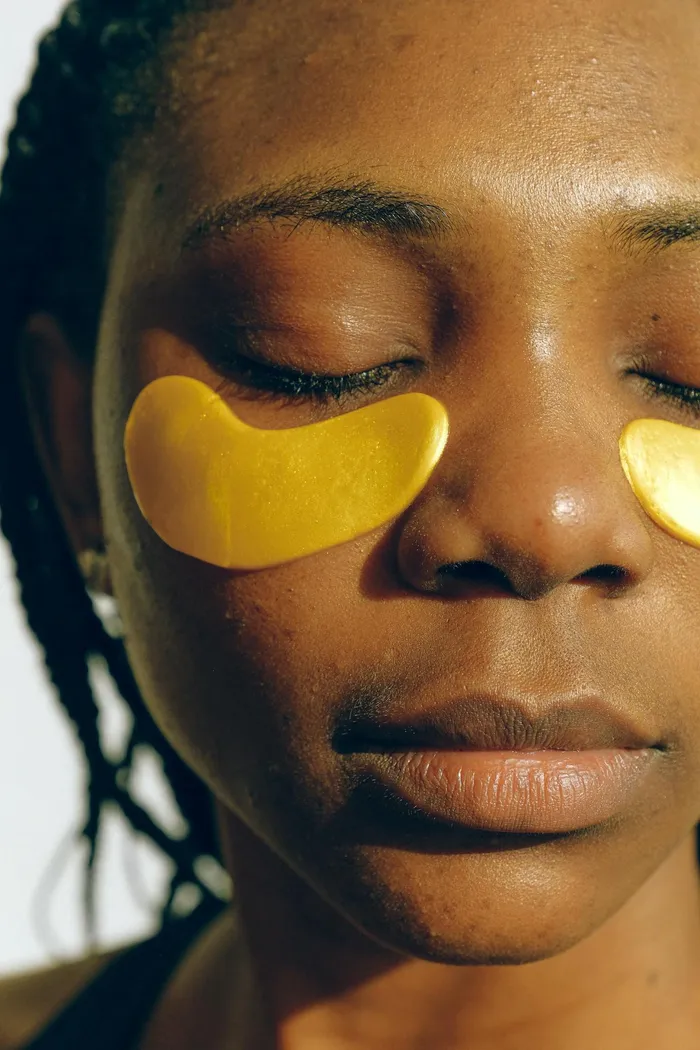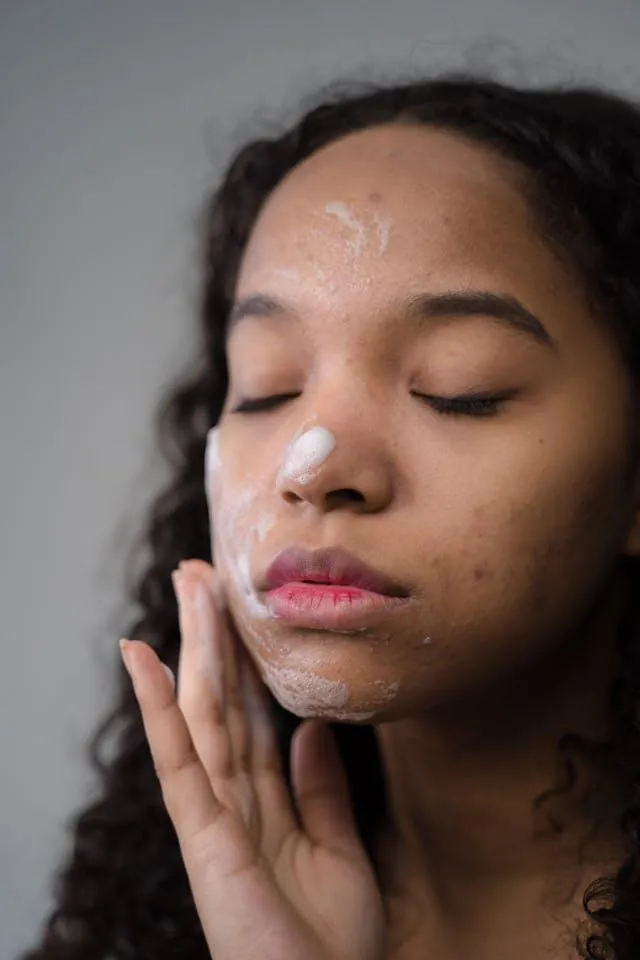Breaking out or glowing up? How gynaecological health affects your skin

This Women’s Month, let us not only celebrate the achievements of women but also commit to breaking the silence surrounding gynaecological health issues.
Image: Anna Shvets/pexels
August is Women’s Month in South Africa, a time to honour women’s resilience, strength, and sacrifices.
But it’s also an opportunity to have real conversations about the health battles we carry quietly, especially the ones that show up in places no one expects.
From the transformative changes in puberty to the hormonal rollercoaster of menopause, women’s bodies navigate a complex landscape of gynaecological health issues throughout their lives.
Unfortunately, many of these concerns, such as Polycystic Ovary Syndrome (PCOS) and endometriosis, not only affect physical health but also have significant implications for skin health.
They’re whole-body experiences. They affect how we feel and how we show up in the world. Yet, too often these changes are dismissed as vanity or chalked up to “hormones” in a way that minimises the real struggles behind them.
Dr Judey Pretorius, a renowned biomedical scientist and founder of Biomedical Emporium skincare, discusses the various effects female gynaecological conditions can have on the skin.
Skin issues tied to women’s health are often overlooked, even by healthcare professionals. But our skin is our biggest organ, and for many women, it’s the first place their body starts sounding the alarm that something deeper is happening.
The connection between hormones and skin
When women struggle with gynaecological issues, skin concerns can feel like an additional burden that healthcare providers may overlook. We look at some of the gynaecological health conditions that affect the skin below:
PCOS is more than just a hormonal imbalance
Polycystic Ovary Syndrome, affecting nearly one in ten women of reproductive age, is a prevalent hormonal disorder that can lead to a host of issues, including infertility, weight gain, and troubling skin conditions.
Women with PCOS often experience elevated androgen levels, which can increase oil production and lead to stubborn acne, especially along the jawline and neck. These breakouts can feel deeper and harder to treat than typical acne.

Understanding the connection between gynaecological health and skin is crucial for women experiencing these challenges.
Image: cottonbro studio /pexels
If you find yourself grappling with PCOS-related skin issues, don’t lose hope. Consult with your healthcare provider about medications that can help manage your symptoms. Additionally, adopt a skincare routine tailored for acne-prone skin:
- Choose products with retinol to combat acne effectively.
- Incorporate salicylic acid cleansers to keep pores clear.
- Stay hydrated and maintain a balanced diet rich in whole foods. You need products packed with acne-fighting ingredients like niacinamide and salicylic acid, which can also help detoxify your skin while calming inflammation.
Endometriosis
Endometriosis is another common yet often misunderstood condition, where tissue similar to the uterine lining grows outside the uterus, causing severe pain and fatigue.
The hormonal fluctuations and inflammation associated with endometriosis can lead to increased oiliness and trigger skin conditions like eczema and psoriasis.
One of the lesser-known side effects is dark circles under the eyes. “While endometriosis doesn’t directly cause dark circles, the fatigue and potential iron deficiency associated with the condition can exacerbate their appearance.”
To tackle dark circles, prioritise sleep
Elevate your head while sleeping, and gently massage the eye area to encourage drainage. Quality eye creams, with peptides and niacinamide, can also provide much-needed support to this delicate area.
Menopause
As women transition into menopause, the body undergoes a significant hormonal shift marked by a decline in oestrogen levels. This drop can lead to thinning skin, increased wrinkles, and a loss of elasticity, particularly in sun-exposed areas.
However, menopause doesn’t mean surrendering to the signs of ageing. Skincare during this phase should emphasise hydration and nourishment.
Look for ingredients like:
- Hyaluronic acid for moisture.
- Ceramides for skin barrier support.
- Antioxidants to fight free radical damage.
Consider incorporating a product like Biomedical Emporium’s Menafique Serum, which tackles menopause-induced skin thinning with a potent blend of hyaluronic acid, vitamin E, and soy isoflavones, ensuring your skin stays youthful and vibrant, advises Pretorius.

The more we talk openly about these conditions, the more effective treatments become, and the healthier habits we can cultivate.
Image: Ron Lach /pexels
Understanding the relationship between gynaecological health and skin is vital for women navigating these challenges. The more we talk about these common issues, the more we can find effective treatments and cultivate healthier habits.
This Women’s Month, let’s not only celebrate women’s strength and resilience but also commit to breaking down the barriers surrounding gynaecological health discussions.
"The effects of gynaecological issues on the skin are not always straightforward to combat; however, with the right products and healthy lifestyle choices, it is possible to enjoy clearer, healthier and younger-looking skin, despite your health concerns," says Pretorius.